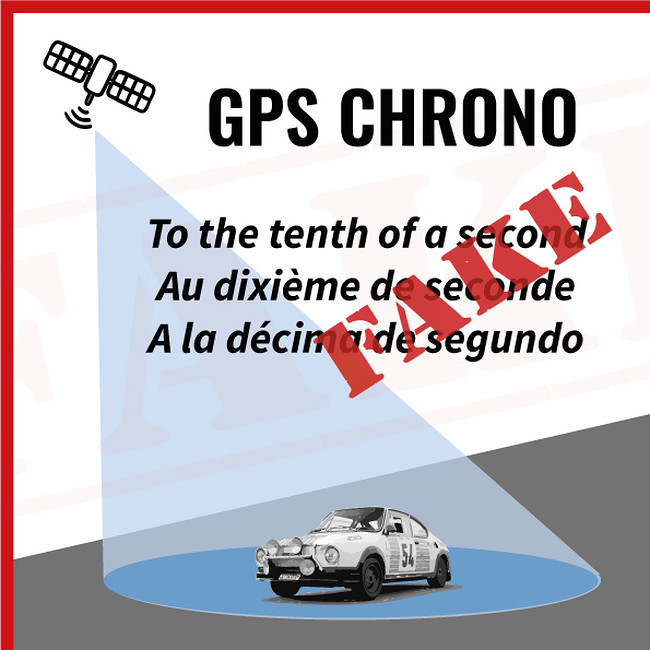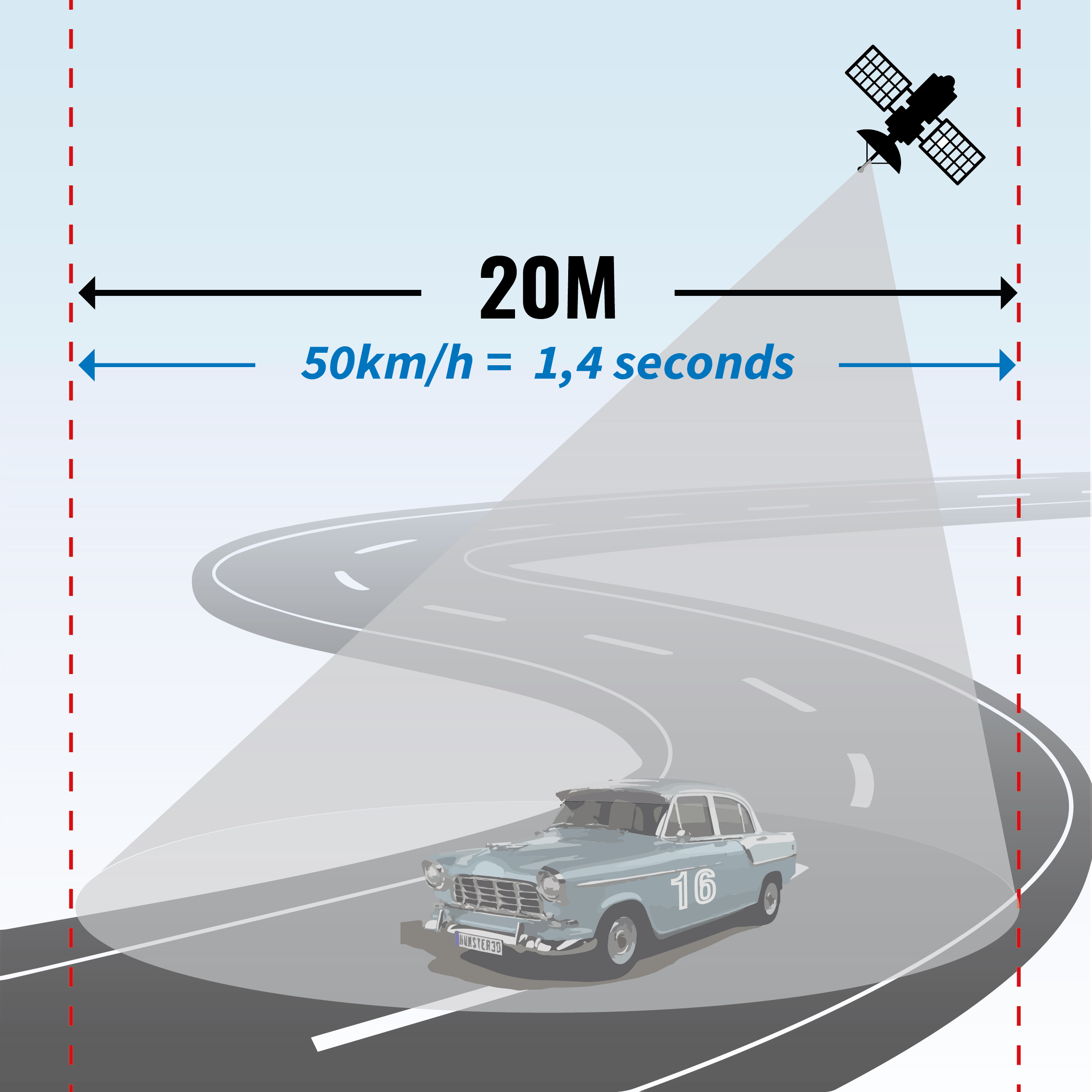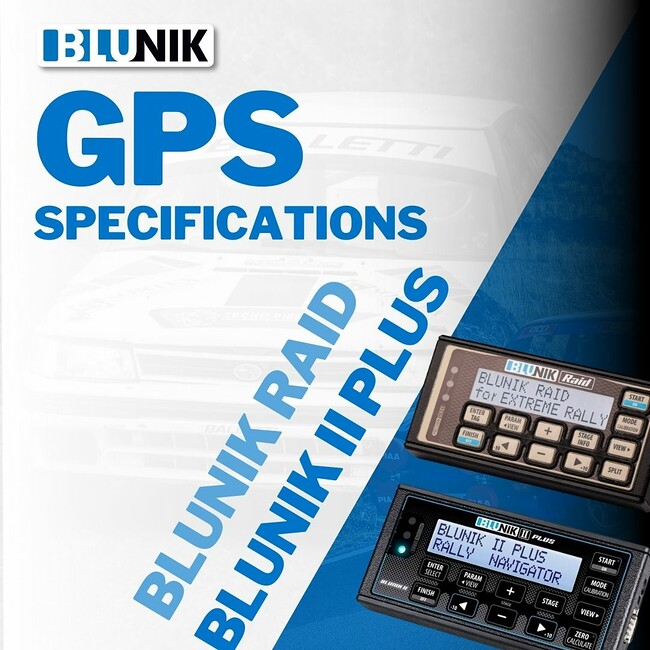Rally Chrono to the tenth of a second with GPS = FALSE

There are words that need to be corrected.
GPS is based on the communication of geolocalizations by triangulation of data emitted by a net of satellites and a device. The communication is done by direct visualization (without obstacles).
This position data by GPS (American net) and Galileo (European Union net) has a precision of between 5 and 10 meters and a low repeatability.
At this moment, with GPS, there is no way of knowing on what lane of a motorway a vehicle is driving on.
This precision can be increased with georeferenced installations; this is with the installation of fixed towers meant to cover an area like an airport or a crop field.
This precision decreases if the area has few satellites in view, or if the atmospheric layer produces deviations, that means that bad weather affects results.
Anyway, a GPS point on a road is not either a point marked on the ground with a marker pen or a line painted with a brush, it’s rather a circle with a radius of 10 meters (20 meters of diameter).

This means that when we are being timed with GPS the finish line (or secret control) is enormous. The timestamp can be taken either before or after the real finish line.
Let’s see how much before or after.
20 meters at 50Km / h are 14 tenths of a second.
20 meters at 100Km / h are 7,2 tenths of a second.
If I am driving at 50Km/h that means I will take 14 tenths of a second to cover 20 meters. This means that in a race I will cross the beginning of the finish line at 14h23m12s06d and the end of the finish line at 14h23m14s00d.
Which timestamp is given to me to calculate my results? The first, the last, something in between …? But … think about it … if in reality they only have one timestamp, which one do they have? The answer is a timestamp within the range.
The precision of GPS is of a second and a bit, in each timestamp. This is the truth.
It’s as if GPS Chrono was a hand clock with only the second hand (of 1,4 seconds to be precise).

Therefore, how can they know the tenth of a second?
Do I tell you? Or have you understood the concept?
There is no real tenth of a second to give. It can be speculated, cooked, invented, guessed, … whatever you can think about, but with only a second hand there is no possible tenth of a second.
Don’t let yourself be carried away by badly written rulebooks or by marketing phrases. Use your regularity co-pilot judgement and precise data.
Low repeatability is another aspect to consider. Do you know any BTT cyclist who uses GPS? Ask them how it works when repeating the same route.
All cyclists notice the “low repeatability” when repeating a route, the GPS shows they are off route or even that they have to go left or fight to correct it. But in reality for the person on the bike without a doubt they are on the same exact route.
And this is at speeds of under 50Km/h, with GPS devices of the most prestigious trademarks, with maximum precision and really expensive prices.

So if you imagine a GPS timekeeper to time you, you need to know that the timestamp recorded today will be different to the one tomorrow, the one the next day, etc.
Do you still believe a GPS Chrono is sportive or precise? Or do you think that the luck factor is much more present?
Oh! And if the organizer (or GPS timekeeper) tells you that with GPS there can be many more controls, read this other post called “More buggy controls worsen a ranking! We explain it to you with the McDonalds example.”
Other posts related to timekeeping:







